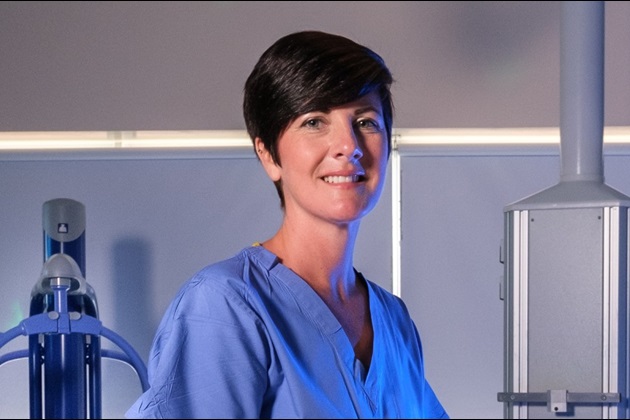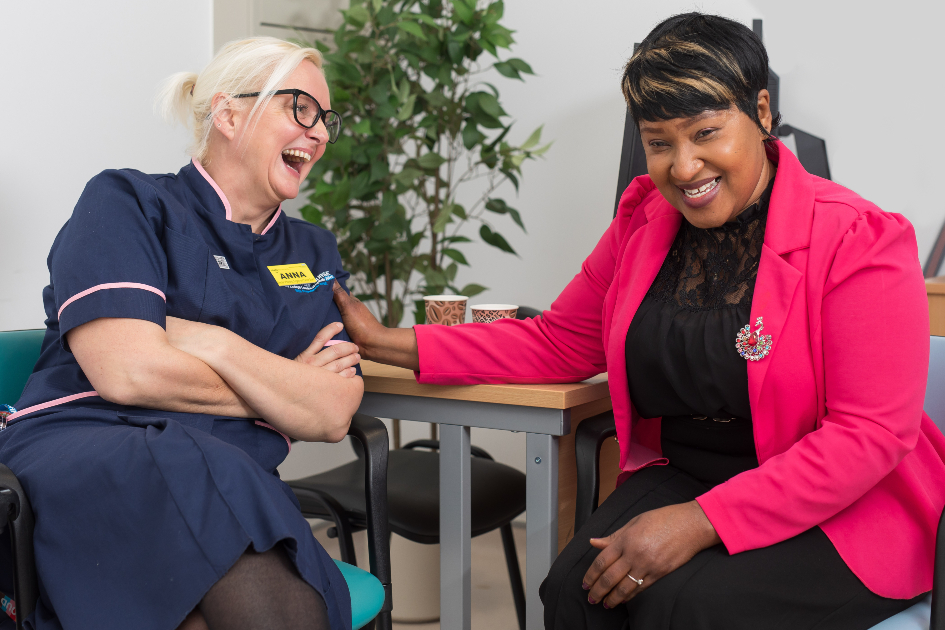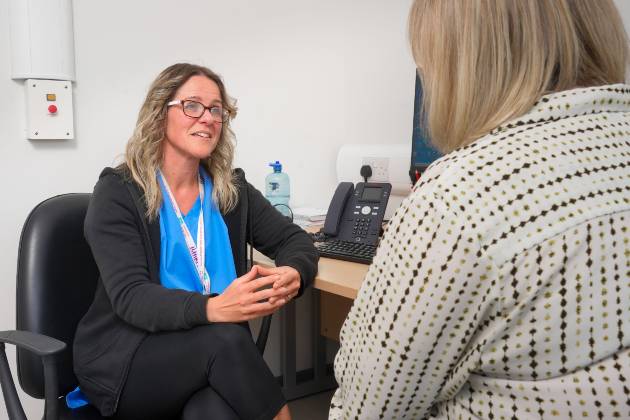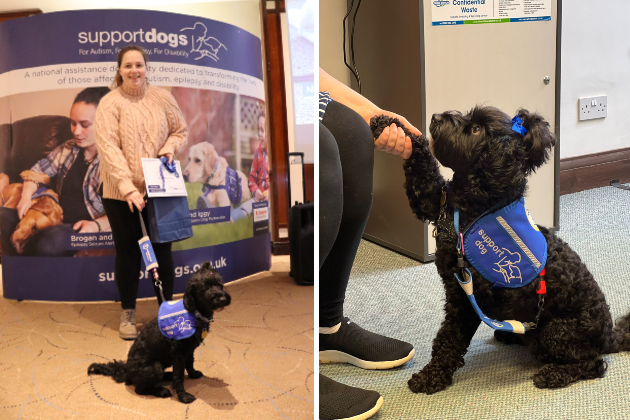Learning disability champion and RCNi nursing award winner Rea Pugh-Davies reflects on a time when a patient needed a four-week desensitisation programme to prepare him to go to theatre for surgery
A patient with complex learning difficulties was due to have a planned procedure under general anaesthetic. He’d lived with the same routine for many years so to avoid causing further stress and anxiety we needed a precise plan to introduce this new experience over a number of visits.
At a multidisciplinary meeting I found out he liked stationery, so we made arrangements for him to deliver a letter to me at the hospital, before having a breakfast out, as a treat.
There was a formalised admission plan in place, but we communicated directly with the patient using pictures to show him the plan for the day where he could see himself delivering the letter and eating breakfast at the café.
The first day didn’t go quite as planned as the patient decided he didn’t want to deliver the letter to me, and instead left it with the first person he saw. But we learned from this and from then on, cleared the route to theatre.
We communicated directly with the patient using pictures to show him the plan for the day
Some days went better than others, but we didn’t give up. I made posters of his favourite TV programmes and positioned them at eye level for him to follow. We also minimised other distractions, like loud noises or groups of people gathering.
Slowly he became more comfortable with what he was doing, so we added a blood pressure cuff being placed on his arm to his social story. Soon he was putting his arm out when he saw me and was happy to give me permission to put the cuff on. To make sure he felt as comfortable as possible I put his favourite film on or played music he liked in the background. He did, however, often remind me he was going for breakfast straight afterwards, which was my cue to hurry up!
As the day of the operation approached, we updated his social story booklet with information about what would happen on that day. The slow approach we had taken worked well so by the time he reached the day of his surgery, his routine wasn't really altered – although he did have to wait until after his surgery to get his breakfast.
We chose the operating theatre that was the easiest to access and that had a big screen TV where his favourite TV programme was being shown when he arrived. Theatre staff remained out of sight and sensory lights were used so the environment he came into was very calm.
The procedure took 20 minutes and when it was completed, we put his comfort blanket over him and put his favourite shoes on. When he initially woke up, he saw me, glanced at his shoes and went back to sleep. He left an hour later but asked to return the next day to say thank you, which was very moving.
Even the smallest of changes can make a big difference
This approach has now been adopted in his care home for visits to the GP and dentist. I’ve also seen photographs of him taking part in painting activities with friends since – this is something he wouldn’t have done without the surgery.
It doesn’t matter what band you are or what role you do, we all need to remember that reasonable adjustments can be made for all patients, not just those with a physical disability or impairment.
As a learning disability champion, I see positive feedback from patients, families, carers and doctors when we do this. Even the smallest of changes can make a big difference.
Rea Pugh-Davies is a health care support worker at Swansea Bay University Health Board.
Award winner
Rea’s can-do attitude and determination to alleviate her patients’ anxiety was recognised at the RCNi nursing awards where she won the nursing support worker category.
Lindsay Cardwell, Chair of the RCN Nursing Support Workers Committee, sat on the judging panel. She said: “Rea’s commitment to supporting individuals is exceptional, highlighting that person-centred care is vital and the rewards are second-to-none.
“Her role and project are excellent examples of the unmistakable value and input, nursing support workers bring to the multidisciplinary team, and this mustn't be underestimated or undervalued.”
She added: “As a group of staff, our work often goes under the radar, so I am delighted to see a light shone on the dedication shown by so many nursing support workers in their day-to-day roles. Huge congratulations to everyone who was shortlisted for the award.”








